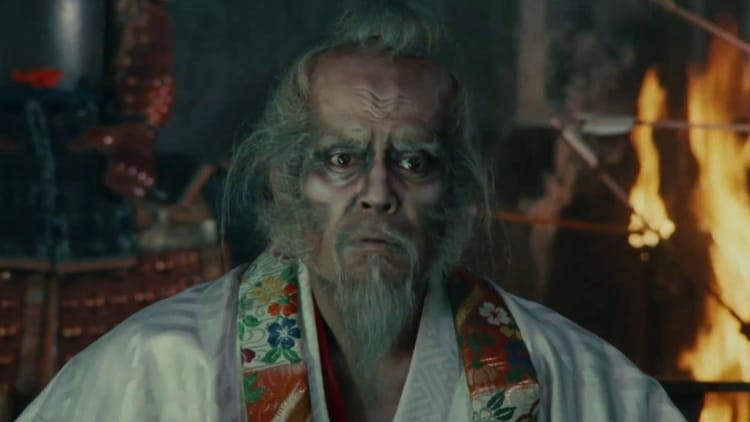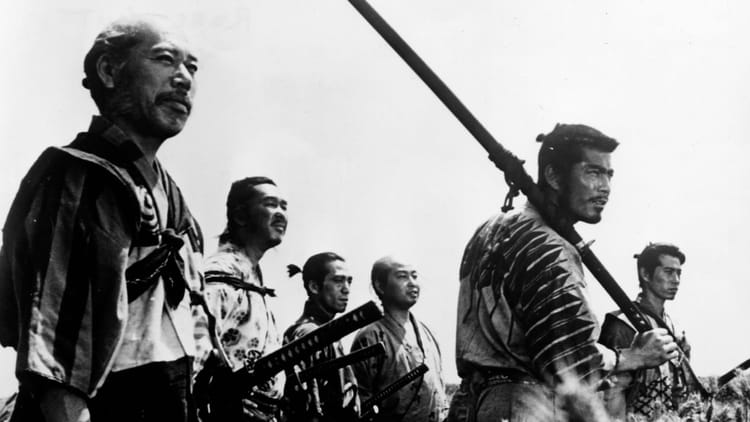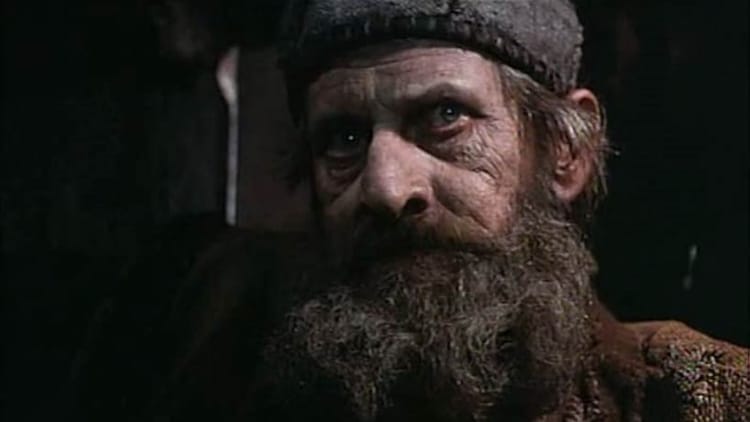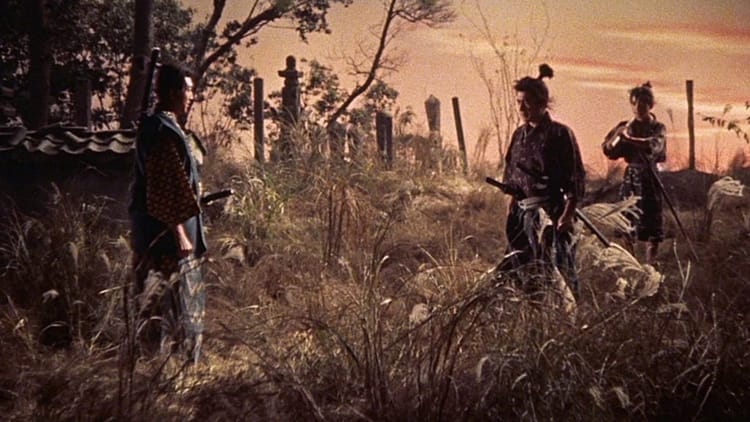Harakiri

Harakiri, directed by Masaki Kobayashi and hitting the screens in 1962, ain’t your average samurai flick. It’s about honor, ethics, and downright human tragedy in feudal Japan.
It’s 1630, and Japan’s at peace. Sounds good, right? Not for the samurai. See, peace means unemployment, and these once-loyal warriors are out on their asses. One such ronin, Tsugumo Hanshiro (Tatsuya Nakadai), rolls up to Lord Iyi’s mansion with one thing on his mind: harakiri, or ritual suicide.
Now, here’s where things get tense. Tsugumo faces off with Saito Kayegu, the big cheese of the Iyi clan. But before he goes all in with the ritual, he’s got a story to tell. A story that rips the mask off the clan’s cruelty and hypocrisy, showing just how messed up things can get when you're too hung up on tradition.
When all is said and done, our lives are like houses built on foundations of sand. One strong wind and all is gone.
Harakiri ain’t just some run-of-the-mill samurai yarn. It explores ethics, tradition, and the dark side of human nature. The film’s shot in elegant black and white, with every frame dripping with meaning. It’s like a ritual unfolding before your eyes, mirroring the strict codes of feudal Japan.
And get this: Kobayashi’s own life mirrors his protagonist’s ideals. The dude was a lifelong pacifist who refused to climb the military ladder, sticking with his fellow conscripts. Harakiri ain’t just a movie; it’s a middle finger to blind obedience and all-around inhumanity.
At its core, Harakiri is a showdown between tradition and humanity. It’ll make you question your moral compass and think long and hard about the consequences of your actions. It’s a wake-up call, a timeless masterpiece.





